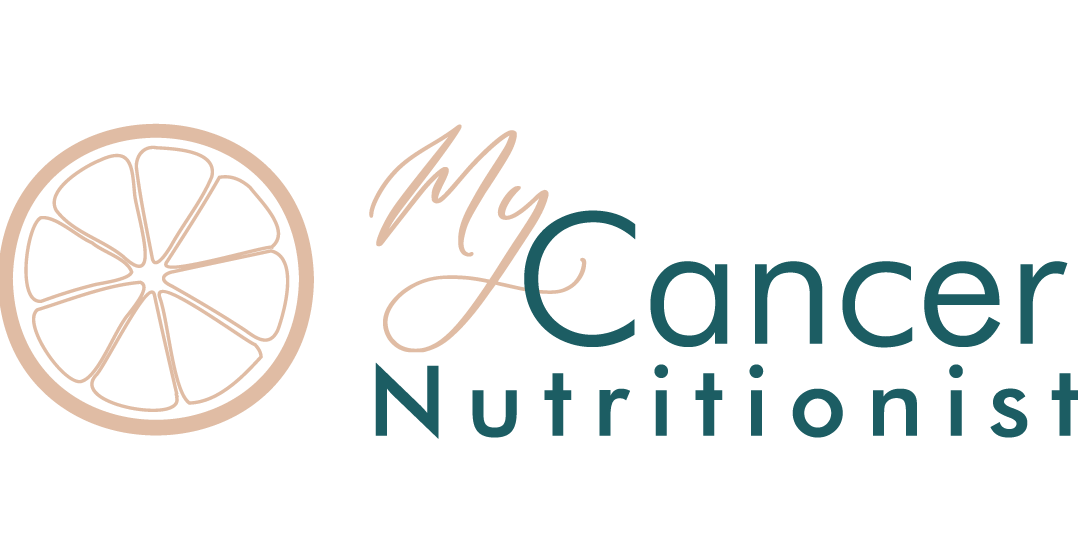Air pollution & cancer risk:
Carcinogens inside & outside the home
When you think of living an anti-cancer lifestyle, what comes to mind? Perhaps avoiding smoking, cutting back on drinking, being more active, eating more vegetables? These are all valid ways of reducing your risk of developing cancer, but have you ever given much thought to the quality of the air you breathe? As a Cancer nutritionist, my goal is to empower and educate my clients around what nourishes them and what can be detrimental to their health, food is only one component of this.
Learn about the carcinogens and toxins found in the air we breathe, in places you may not expect, and what you can do to mitigate your exposure.
Did you know that every day the average adult will breathe approximately 10,000 litres of air? Have you ever stopped to consider the quality of the air you breathe, do you live in a traffic dense city or in the countryside? Do you live close to a farm where a lot of pesticides are sprayed onto crops, or near an organic farm? Do you live close to a factory or an airport? All of these things could influence the level of toxins you may be breathing in on a daily basis.
When you think of air quality and cancer you may immediately think of smoking, but air pollutants also come from transportation, fossil fuels, agriculture, and even within the home. In some areas, these pollutants exceed the safe limits according to the World Health Organisation. Air quality poses a global challenge to public health.
“Did you know that every day the average adult will breathe approximately 10,000 litres of air?”
Ambient air pollution was classed as a Group 1 human carcinogen by the International Agency for Research on Cancer in 2013, and is a well-established risk factor for lung cancer, but some studies have also shown a link with bladder & kidney cancer. Fossil fuels release carcinogens into the air such polycylic aromatic hydrocarbons (which are also produced when meat is heated to a high temperature) and heavy metals such as arsenic, nickel, and chromium, all of which can enter circulation and potentially cause health problems.
Indoor air pollution is also a key consideration. The kind of products you use in your home may also be contributing to your exposure of carcinogens and toxins. Aerosols, hairsprays, deodorants, and cleaning agents release volatile organic compounds (VOCs), examples of which include:
Acetone, found in nail polish remover, furniture polish, and some hobby chemicals.
Benzene, found in paint, glue, and carpet. It’s also is released by gasoline and smoking cigarettes.
Formaldehyde, found in flooring and some cosmetics, in wood products as a binding agent, and in the production of paints, plastics and textiles; tobacco, e-cigarettes, aspartame (artificial sweetener) and methanol.
Ethanol, found in household cleaners and laundry detergents.
Naphthalene, found in mothballs and other pesticides. It also is released by smoking cigarettes.
TCE, found in degreasers, fabric cleaners, glues and markers.
“The kind of products you use in your home may be contributing to your exposure of carcinogens.”
These VOCs enters circulation through the airways and can cause DNA damage and potentially increasing cancer risk. They may also cause headaches, nosebleeds, throat irritation, fatigue, nausea, dizziness, or an allergic skin reaction. If you find yourself sensitive to these VOCs then you’d likely benefit from some tailored liver support.
So what can you do?
Purify the air: Your body takes in more air than it does food, consider investing in an air purifier, Breathing Space do a good selection & I recommend Blue Air
Plants: Surround your home/workplace with air purifying plants such as Snake Tongue, Aloe Vera, Spider Plant, Dragon Tree, & Chinese Evergreen.
Avoid walking along main roads where there’s normally more traffic when possible, choose the back streets.
Avoid smoking & e-cigarettes.
Avoid mouth breathing as much as possible. The nose is layered with micro-hairs which help to trap particles so they can be expelled.
Personal Protective Equipment. Ensure all protective measures are in place if working around heavy metals, or known carcinogens.
Avoid using aerosols such as:
deodorants or body sprays, instead opt for a natural based product such as nuud
air fresheners, hairsprays, cleaning products.
Opt for natural products where possible.
Regular saunas can help promote the removal of toxins and heavy metals through the sweat.



